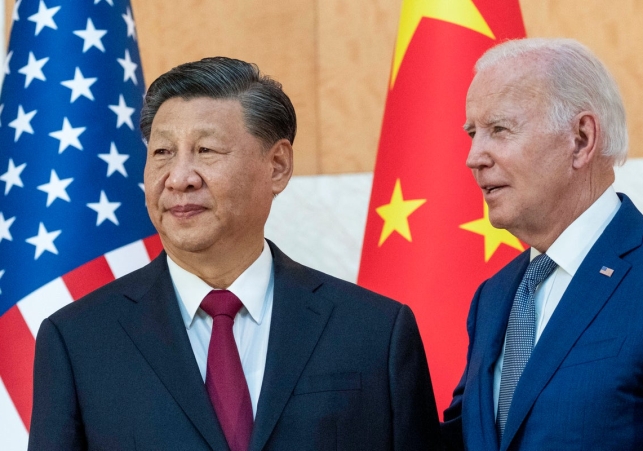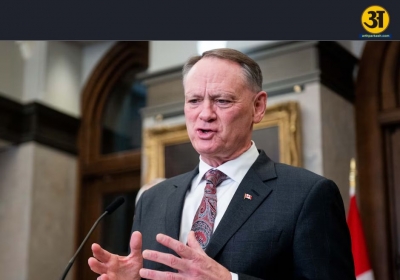
Biden's disappointment and Xi's global diplomacy
Biden's disappointment and Xi's global diplomacy amid G20 Summit controversy
US President Joe Biden expressed disappointment at Chinese President Xi Jinping's decision to skip the upcoming G20 summit in India. Despite this, Biden mentioned his hope to meet with Xi in the near future without specifying a date. Beijing announced that Premier Li Qiang would lead China's delegation at the Delhi summit, but the Chinese Foreign Ministry neither confirmed nor denied Xi's attendance. This development occurs amid escalating tensions between China and India, including border disputes and territorial claims.
Biden's disappointment
President Biden conveyed his disappointment at Xi Jinping's absence from the G20 summit. He indicated his eagerness to meet with Xi but did not provide details regarding the timing of such a meeting. The last encounter between the two leaders occurred at the G20 summit in Indonesia the previous year.
ALSO READ: Kim Jong Un's planned meeting with Putin: Arms and Diplomacy
Tensions persist between the US and China
Despite diplomatic efforts by the United States to revive dialogue, relations between the US and China remain strained. Contentious issues include Russia's invasion of Ukraine, human rights concerns in Xinjiang and Hong Kong, territorial disputes related to Taiwan and the South China Sea, and economic restrictions impacting China's access to high-tech components.
Xi Jinping's global diplomacy
Xi Jinping continues to position China as a leader among developing nations, advocating for an alternative to the Western-dominated world order. During a recent visit to South Africa to meet with leaders of the Brics nations (Brazil, Russia, India, China, and South Africa), he criticized Western "hegemony" and urged developing countries to free themselves from the legacy of colonialism.
ALSO READ: Hong Kong's landmark ruling on LGBTQ rights
Expansion of Brics
The Brics, originally comprising five developing nations, is set to expand with the addition of Argentina, Egypt, Iran, Ethiopia, Saudi Arabia, and the United Arab Emirates in January. This expansion is seen as a diplomatic success for Beijing, strengthening its influence on the global stage. Xi's efforts to rally support for a non-Western world order reflect China's ambition to play a significant role in shaping international relations.





